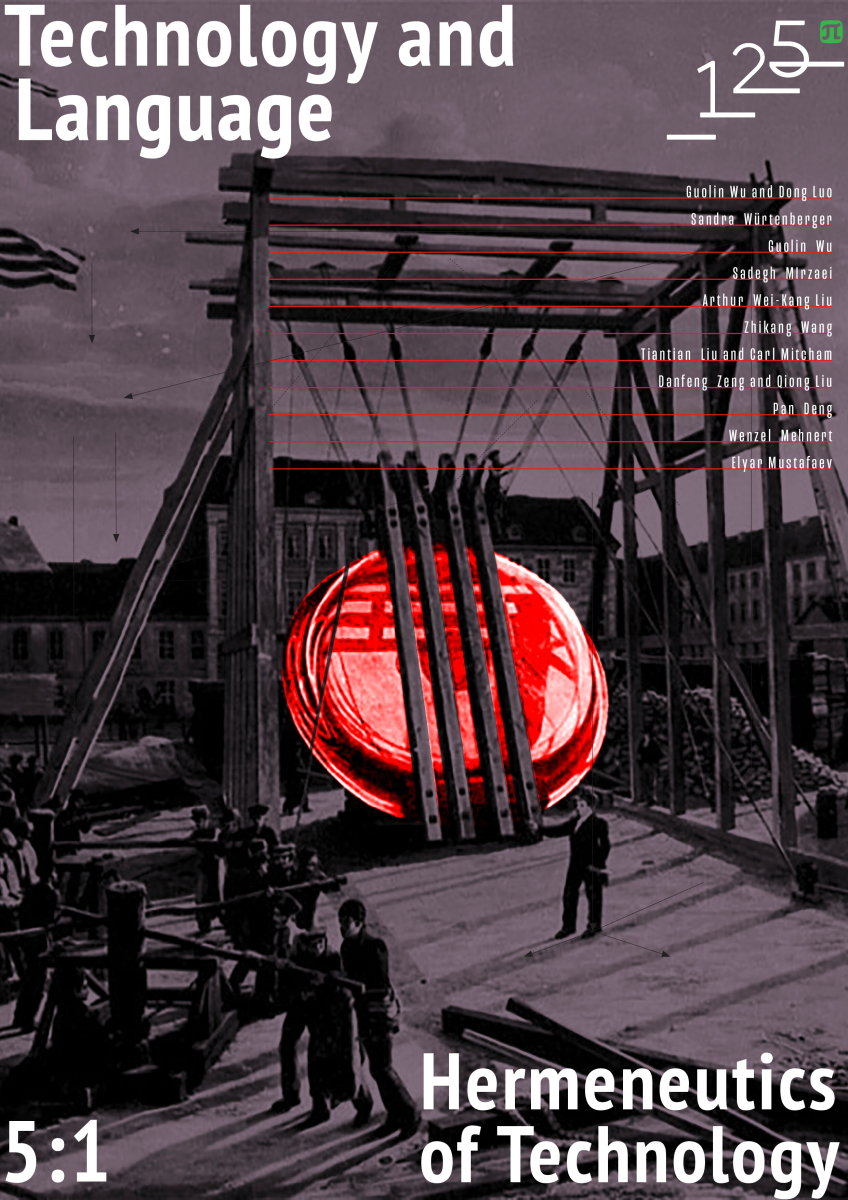Language, Mind, and Computation in the Metaphors of Cognitive Science
Is the meaning of the text accessible to machine learning algorithms? With the success of computer science, such questions are turning from philosophical into scientific and theoretical. Mind, behavior, and the machine have been conceptualized differently at different times and in different research programs. This concerns questions of intelligence, technology, and language: what is consciousness, can it be artificially reproduced? What is language from the point of view of information theory and data models? Can a language be expressive without the problem of the relationship between ontology and semantics? How significant are the common characteristics of brains and computers? And do such characteristics exist, or is computationalism in cognitive science just the result of scientific metaphor creation? The authors of this issue of the journal Technology and Language answer these questions from various disciplinary positions. What do computer metaphors in cognitive research point to: the properties of the objects being studied or the properties of the methods? This is the key question that inspired this issue which is dedicated to the history of the development of computer methods in cognitive science and the role of metaphor in this process. The main theme is the relationship between computer technology and the theory of knowledge which is expressed through metaphorical vocabularies of philosophical and scientific discourse. The authors explore questions about the nature of consciousness, the relationship between mind and body, free will, and the possibility of understanding human activity in terms of machine intelligence. These topics are relevant today due to the rapid development of artificial intelligence and the need to understand its impact on society. This issue is suitable for specialists in the field of cognitive science, philosophy, history of science, as well as well as for anyone interested in the interaction of technology and human consciousness.



